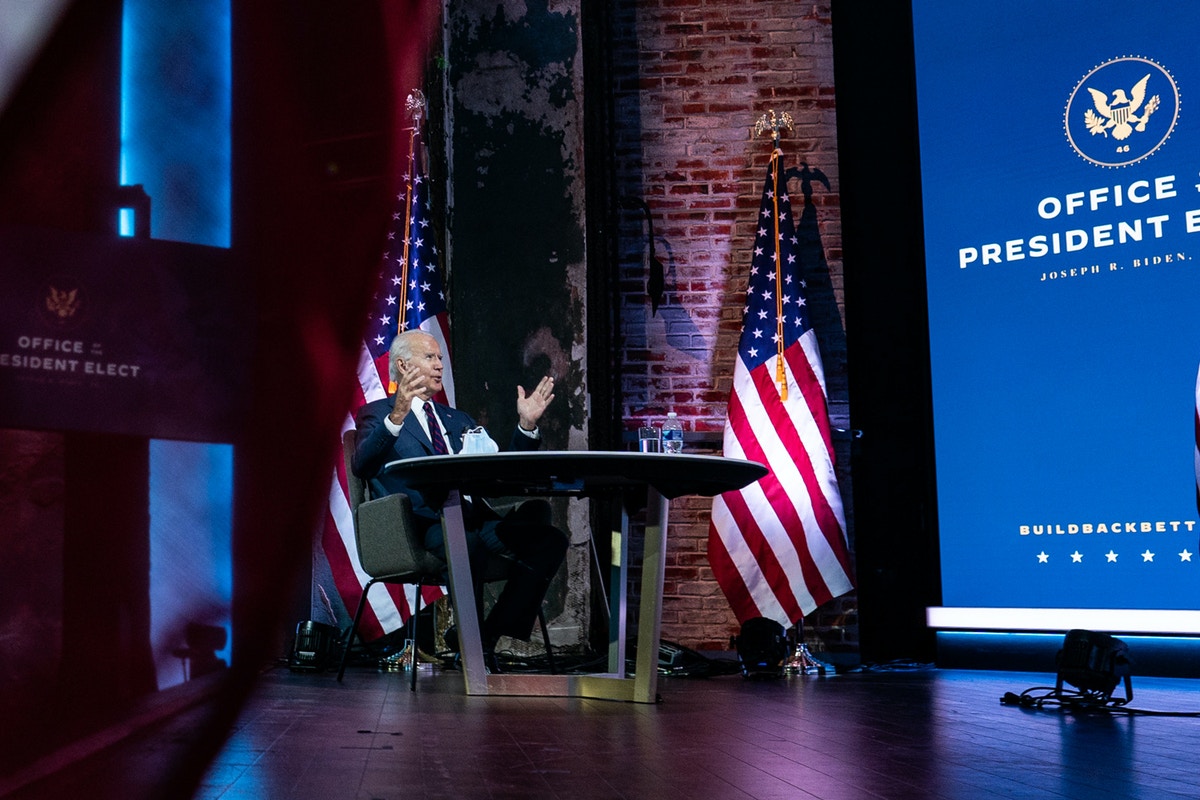Biden’s National Security Picks Herald a Return to Normalcy
After four years of Trumpian national security policy that was, by turns, assailed as “rudderless,” “schizophrenic,” “incoherent,” and “riven with contradictions,” the conventional wisdom says that the incoming Biden administration will pursue conventional American statecraft akin to the Obama White House.
President-elect Joe Biden’s first picks for senior national security posts — Antony Blinken as secretary of state, Jake Sullivan as national security adviser, and Avril Haines as director of national intelligence — served in the Obama administration and are now being hailed as the sort of steady hands that America needs after the chaotic Trump administration. But that’s not the good news it seems to be. The Biden plan, outlined on his presidential transition website, suggests a “normal” version of national security that includes the deep flaws of the centrist-liberal approach. There is a call for continued mammoth Pentagon budgets (“the investments necessary to equip our troops for the challenges of the next century”) with an emphasis on emerging battlespaces (“cyberwarfare … new challenges in space”), the endorsement of ossified Cold War-era security partnerships (“keeping NATO’s military capabilities sharp”), and veiled references to confronting China (“strengthen our alliances with Japan, South Korea, Australia and other Asian democracies”), as well as business as usual in the Middle East (“ironclad commitment to Israel’s security”).
The costs of normalcy have been grave. “It’s worth keeping in mind that the global war on terror has killed more than 7,000 U.S. servicemembers — more than twice the number of people killed by the 9/11 attacks — and more than 800,000 lives worldwide,” said Daphne Eviatar, Amnesty International USA’s director of Security With Human Rights. “It’s also cost the U.S. more than $6.4 trillion. It’s hard to see why a Biden administration would want to continue on this trajectory.”
Biden’s presidential team of national security advisers is loaded with leading members of the Beltway foreign policy establishment unaffectionately known as “the Blob.” It’s a well-worn…


